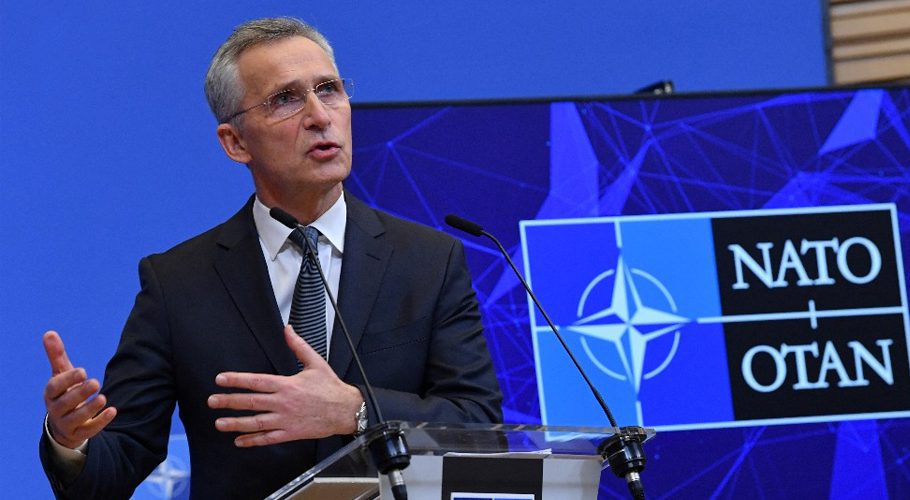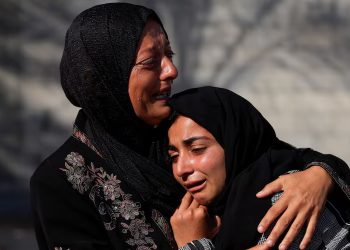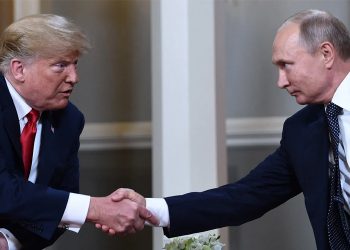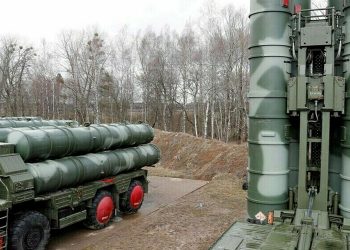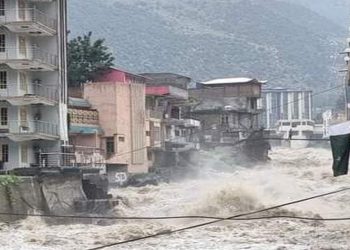Brussels: The NATO alliance confirmed Sunday that its long-serving chief would leave office in October, launching a new round of speculation about his successor.
Diplomats in Brussels say there is no consensus as to who should replace former Norwegian prime minister Jens Stoltenberg as the Western alliance’s top civilian official.
Some allies were considering a plan to extend his already nine-year-old term to oversee NATO’s response to the crisis unleashed by Russia’s war against Ukraine.
But, on Sunday, shortly after Stoltenberg returned from high-level meetings in Washington, his spokeswoman confirmed that he would leave office later this year.
“The mandate of Secretary General Jens Stoltenberg has been extended three times and he has served for a total of almost nine years,” spokeswoman Oana Lungescu said.
“The secretary general’s term comes to an end in October of this year and he has no intention to seek another extension of his mandate.”
The 63-year-old’s decision to go will shine a light on the race among senior European officials to replace him, with governments already discreetly floating candidates in news media leaks.
The secretary general has always been a European, even if in practice Washington has the decisive vote on his — or maybe, this time, on her — nomination.
And although the daily job is one of coordination and seeking consensus among the 30 allies, the choice itself will be seen as symbolic of NATO’s direction.
Time for a woman?
Read more: Jewish settler fatally shoots Palestinian man in West Bank
The last time Stoltenberg’s future was in question — in February 2022, when he was named future head of the Norwegian central bank, only later to withdraw — speculation focused on women.
For seven decades the alliance has been headed by a series of western European men, and many observers thought it was time that a woman and or an easterner take charge.
The last four NATO chiefs were seemingly picked as an anti-clockwise tour of the North Sea coast, a Briton being succeeded by a Dutchman followed by a Dane and now a Norwegian.
Meanwhile, the alliance’s strategic focus has shifted to the eastern flank, where newer alliance members on the Baltic and Black Sea coasts face off against an aggressive Russia.
Poland and the Baltic nations now see their longstanding warnings about Moscow as justified, and they have led calls to arm and support Ukraine against the invasion.







